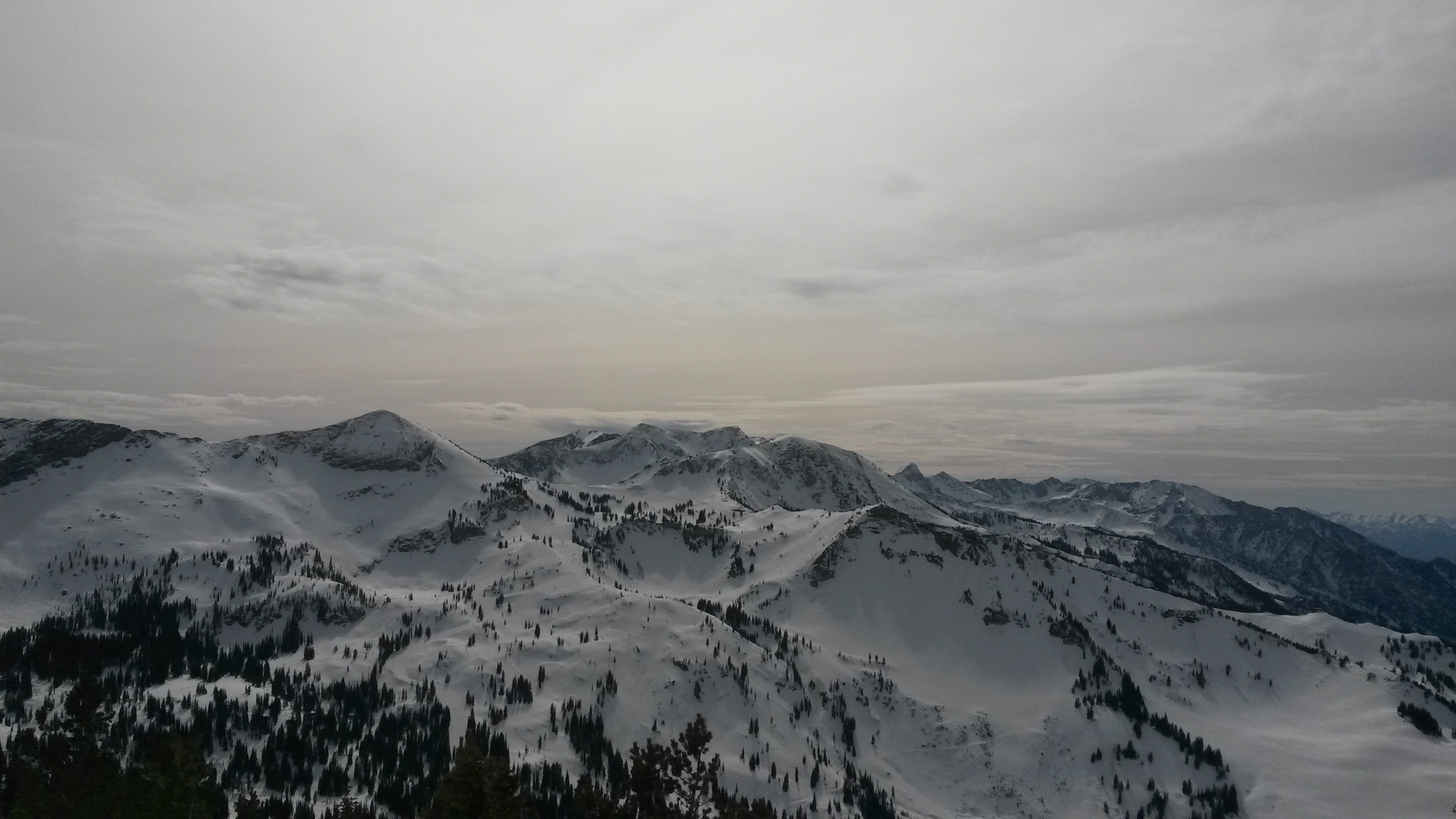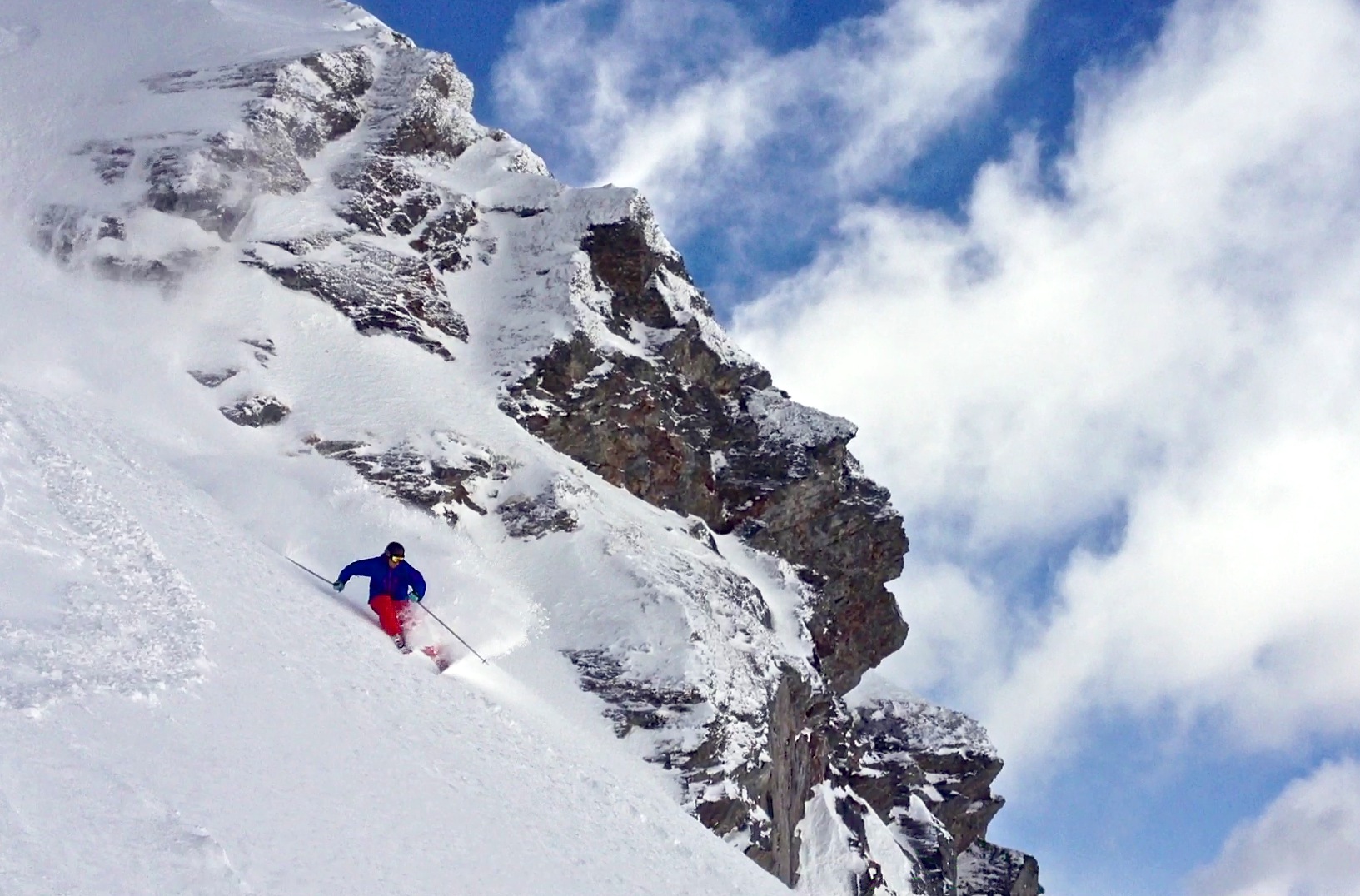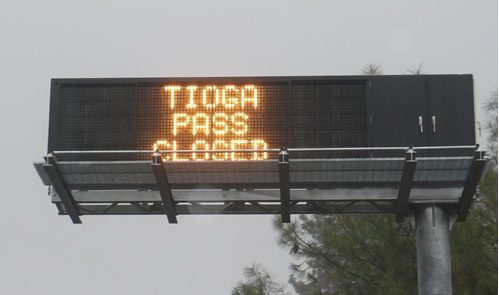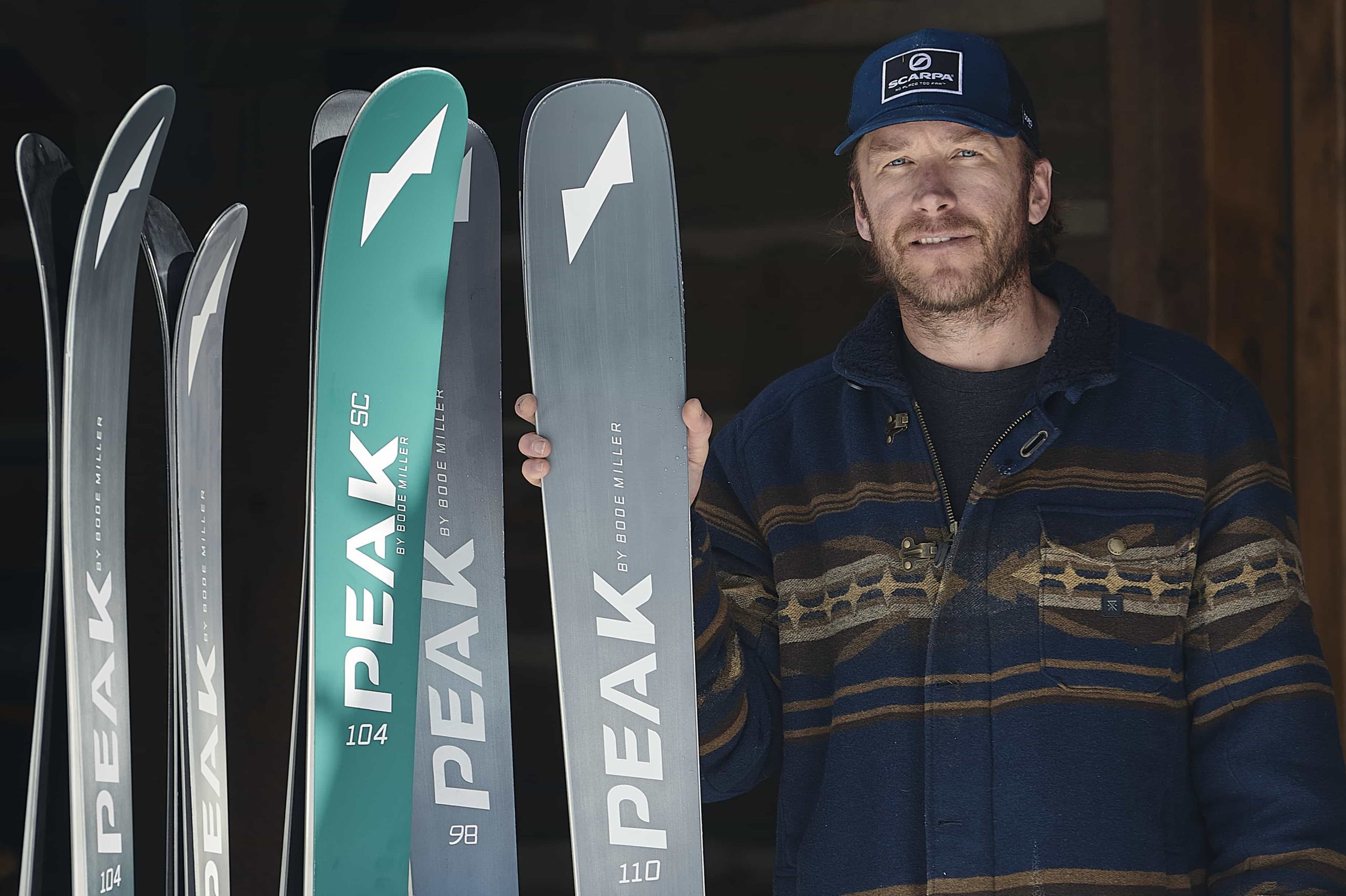
Smoke from wildfires is blanketing the summer skies in the western US and Canadian cities so badly that weather experts are calling on officials to tackle ‘smoke season’ with the same urgency they use with heat waves and cold snaps.
‘There’s a smoke season, and it’s probably going to be more frequent and longer than it has been in previous years,’ said Environment and Climate Change Canada meteorologist Armel Castellan.
Wildfires blazing in the forests and mountains of British Columbia in Canada and Washington, Oregon and California in the United States have sent up so much smoke that they now pollute skies over Seattle, Portland, and Vancouver, and smoke has stretched right across the country, reaching as far the east coast and New York City.
California alone has seen the worst start to its fire season in a decade, and officials from NASA say satellite images show two-thirds of the state covered in smoke. And this week Seattle registered its worse air quality of the past two decades.
‘Smoke is being created from all directions. It’s very hard to not have smoke in your corner of the world,’ Castellan added.
As well as negatively affecting health, smoke from wildfires is blotting out mountains and city skylines from Oregon to Colorado, delaying flights and forcing authorities to tell even healthy adults to stay indoors. Thick smoke in Denver blocked the view of Colorado’s famous mountains and prompted an air quality health advisory for the northeastern quarter of the state. The smoky pollution, even in Colorado, came from wildfires in British Columbia and the Northwest’s Cascade Mountains, affecting a season that many like to spend outdoors.
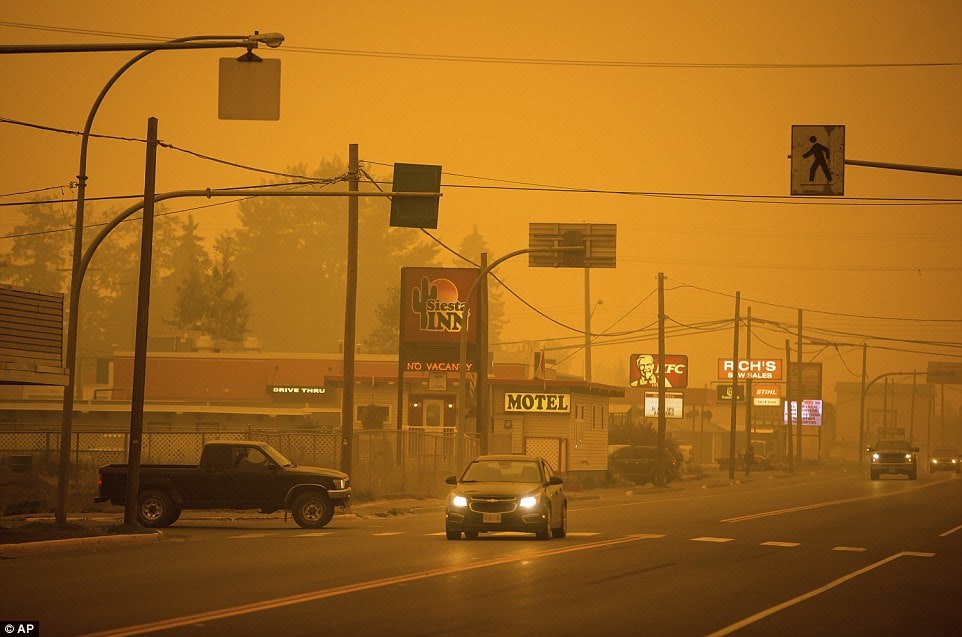
In Spokane, WA air quality slipped into the “hazardous” range. A thick haze hung over Washington’s second-largest city, forcing vehicles to turn on their headlights during the morning commute.
In California, winds blew smoke from several wildfires into the Bay Area, where hazy air blanketed the skies and authorities issued an air quality advisory through Tuesday. The Bay Area Air Quality Management District issued a “Spare the Air” alert, which recommends people don’t drive to avoid adding more pollutants to the air and advises those with health problems to limit outdoor exposure because and stay in air-conditioned buildings.
Forest fires are common, but typical Seattle-area weather tends to push it out of the way quickly. Unfortunately, the latest round of prolonged smoke happened as hot temperatures combined with high pressure, said Andrew Wineke, a spokesman for the state Ecology Department’s air quality program. It was a rare occurrence, but it also happened last year, raising concerns for many that it may become normal during wildfire season.
